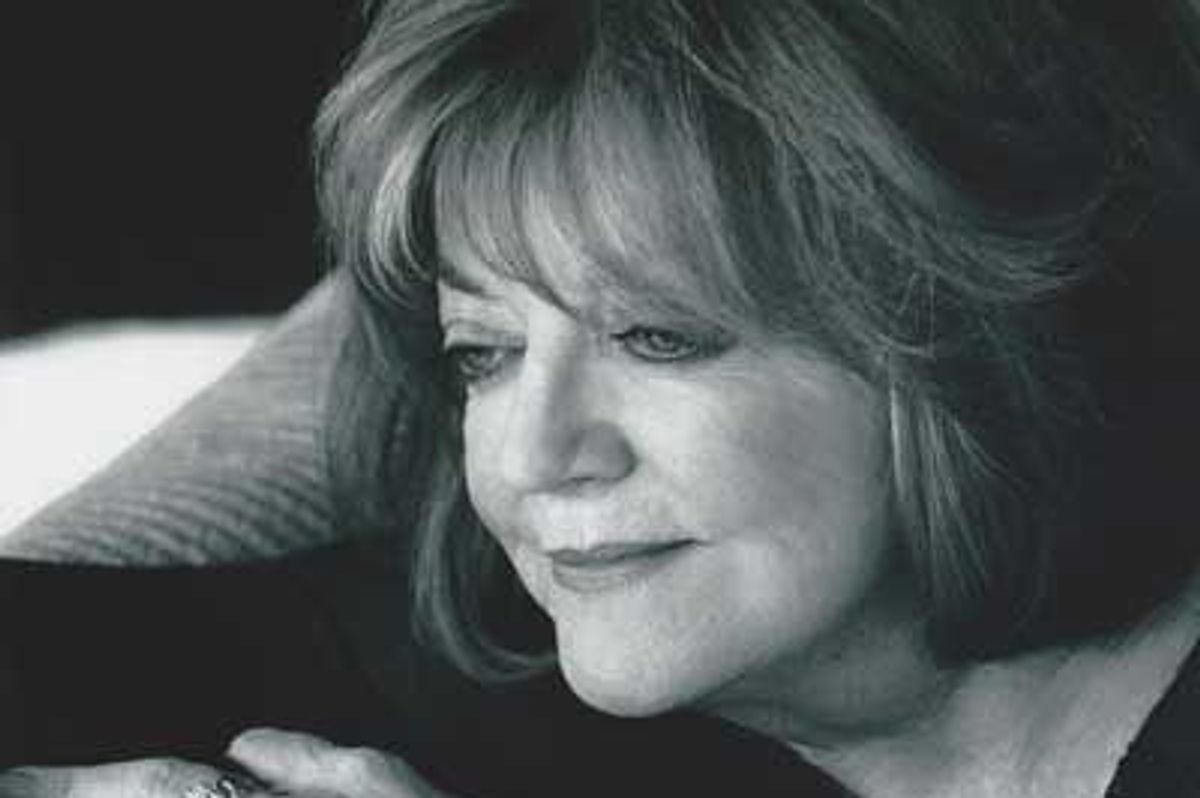By Pam DeNardo
I was diagnosed with COPD (chronic obstructive pulmonary disease) in January 1999 after spending six weeks getting over pneumonia. It was at a follow-up visit that my primary care doctor said, while listening to my lungs, "I don't hear much."After all those weeks of coughing, wheezing and gurgling when I breathed, I thought that was a good thing. It was a surprise when he said, "No, it isn't a good thing."
He had already taken X-rays and checked my oxygen levels. He said he thought I had COPD. At my puzzled expression, he explained what COPD is, but all I caught was the word "emphysema." I vaguely thought of an old man with a walker and oxygen and decided the doctor was wrong. How could I have emphysema? I was still relatively young and healthy. He encouraged me to see a pulmonologist and quit smoking, and he signed me up for pulmonary rehabilitation.
I left his office in shock and partial denial—I say "partial" because, like many smokers, I was always waiting for the sky to fall. Aside from feeling weak from the pneumonia, I felt fine and healthy. I had two children, one an undergraduate in college and one working on her master's, and an aging mother, who needed me. I also owned a small business that had finally turned profitable after years of struggle. I needed to be well.
After much research and a visit with a pulmonologist, I began to understand the seriousness of my COPD. I joined a pulmonary rehab group and continued to educate myself about my disease, which was a bit of a challenge 13 years ago. There was little information available. I felt truly alone and very afraid, so I set out to take more control over my disease. I quit smoking, which was one of the hardest things I have ever done, and took my medications as prescribed. When pulmonary rehab was over, I continued to exercise and eat nutritiously. These helped me feel significantly better.
During my first few years with COPD, I became involved in speaking with others about COPD and working with organizations that asked me to help spread awareness. You see, I found out by then that I was lucky to have been diagnosed early. This helped me get ahead of my disease and feel better sooner.
I now work for the COPD Foundation's Information Line which educates first-time patients on all the things I had to learn by myself. Patients are empowered to do their own research to manage symptoms and learn to live and thrive with COPD.
I am proud to be a part of the COPD Foundation and encourage people to call our toll-free number at 866-316-2673, Monday through Friday, 9 a.m. to 9 p.m. Eastern time.






